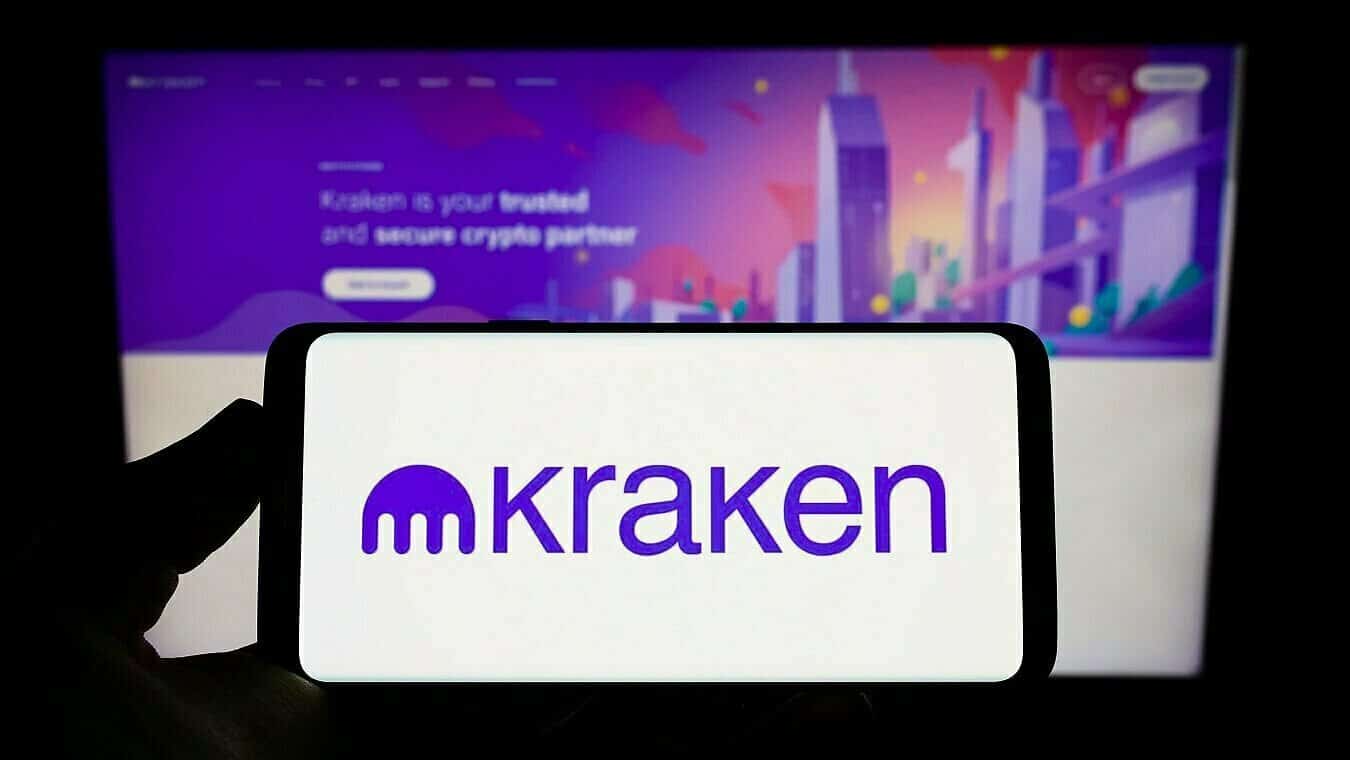Kraken Inquires UK Users Regarding Self-Custodial Wallet Activity, Cites Local Regulations

Kraken, a prominent cryptocurrency exchange, has recently introduced a new requirement for its users in the United Kingdom.
According to a recent post shared by James Van Straten, Kraken is now mandating that its UK users verify their self-custodial wallets or validate their wallet identities, citing “regulations in the UK.”
Kraken Support has confirmed that it has sent the requests to UK users.
However, the exchange did not disclose the specific regulations prompting this action.
Users to Confirm Ownership of Custodial Wallets
An email shared by Van Straten outlines the details of Kraken’s request, which includes users being asked to confirm ownership or control of self-custodial wallets used for cryptocurrency transactions.
Additionally, users are required to provide information about external self-custodial wallets and the residential address associated with the owner of a crypto address.
Oh the UK is finished, surveillance state it is. pic.twitter.com/afIamE970S
— James Van Straten (@jvs_btc) February 13, 2024
The email warns that failure to comply with these requirements by February 23 will result in a temporary ban from the exchange.
Kraken’s recent move aligns with a broader industry trend among cryptocurrency exchanges to gain visibility into the external crypto addresses with which their customers interact.
Bitstamp, a European crypto exchange, adopted a similar approach earlier in 2021, citing new regulations imposed by the Dutch government.
There are also reports suggesting that Coinbase, a prominent US-based exchange, is implementing similar requirements for users, including the provision of recipient names, physical addresses, and the purpose of transfers.
Kraken Pushes to Expand Operations in EU
Kraken has received authorization to operate in several European countries, including Spain and Ireland.
As reported, the exchange has obtained an e-money institution (EMI) license from the Central Bank of Ireland, while also successfully registering as a virtual asset service provider (VASP) in Spain.
The move came after it had already obtained VASP licenses in Italy and Ireland.
“We see a firm foundation for crypto in Europe, which has forward-looking regulation that enables us to grow with confidence,” Curtis Ting, Kraken’s Vice President for Global Operations, said.
Furthermore, Kraken has obtained the necessary regulatory permit to operate in the United Kingdom.
Meanwhile, the exchange has also been under regulatory pressure in the US amid a recent crackdown on the crypto industry.
Back in July, Kraken was ordered by a judge to submit a vast amount of user information to the Internal Revenue Service (IRS) for an investigation into potential tax evasion.
The United States District Court for the Northern District of California issued the order, stating that Kraken must provide account and transaction details to the IRS to determine whether any users have underreported their taxes.
Under the order, Kraken is required to disclose information about users who engaged in transactions exceeding $20,000 within a calendar year.
This includes their names (real or pseudonyms), birthdates, taxpayer identification numbers, addresses, phone numbers, email addresses, and other relevant documents.
More recently, it was revealed that Kraken is considering entering the crypto ETF custody race.




